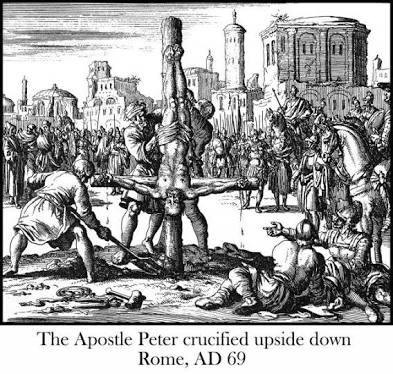Bentley Layton has sketched out a relationship between the various gnostic movements in his introduction to The Gnostic Scriptures (SCM Press, London, 1987). In this model, "Classical Gnosticism" and "The School of Thomas" antedated and influenced the development of Valentinus, who was to found his own school of Gnosticism in both Alexandria and Rome, whom Layton called "the great [Gnostic] reformer" and "the focal point" of Gnostic development. While in Alexandria, where he was born, Valentinus probably would have had contact with the Gnostic teacher Basilides, and may have been influenced by him.
Valentinianism flourished after the middle of the 2nd century AD. This movement was named after its founder Valentinus (c. 100 – 180 AD). The school is also known to have been extremely popular: several varieties of their central myth are known, and we know of "reports from outsiders from which the intellectual liveliness of the group is evident." It is known that Valentinus' students elaborated on his teachings and materials (though the exact extent of their changes remains unknown), for example, in the version of the Valentinian myth brought to us through Ptolemy.
Valentinianism might be described as the most elaborate and philosophically "dense" form of the Syrian-Egyptian schools of Gnosticism, though it should be acknowledged that this in no way debarred other schools from attracting followers. Basilides' own school was popular also, and survived in Egypt until the 4th century.
Simone Petrement, in A Separate God, in arguing for a Christian origin of Gnosticism, places Valentinus after Basilides, but before the Sethians. It is her assertion that Valentinus represented a moderation of the anti-Judaism of the earlier Hellenized teachers; the demiurge, widely regarded as a mythological depiction of the Old Testament God of the Hebrews, is depicted as more ignorant than evil
Valentinian works are named in reference to the Bishop and teacher Valentinius. Circa 153 AD, Valentinius developed a complex cosmology outside of the Sethian tradition. At one point he was close to being appointed the Bishop of Rome of what is now the Roman Catholic Church. Works attributed to his school are listed below, and fragmentary pieces directly linked to him are noted with an asterisk:
• The Divine Word Present in the Infant (Fragment A) *
• On the Three Natures (Fragment B) *
• Adam's Faculty of Speech (Fragment C) *
• To Agathopous: Jesus' Digestive System (Fragment D) *
• Annihilation of the Realm of Death (Fragment F) *
• On Friends: The Source of Common Wisdom (Fragment G) *
• Epistle on Attachments (Fragment H) *
• Summer Harvest*
• The Gospel of Truth*
• Ptolemy's Version of the Gnostic Myth
• Prayer of the Apostle Paul
• Ptolemy's Epistle to Flora
• Treatise on the Resurrection (Epistle to Rheginus)
• Gospel of Philip






